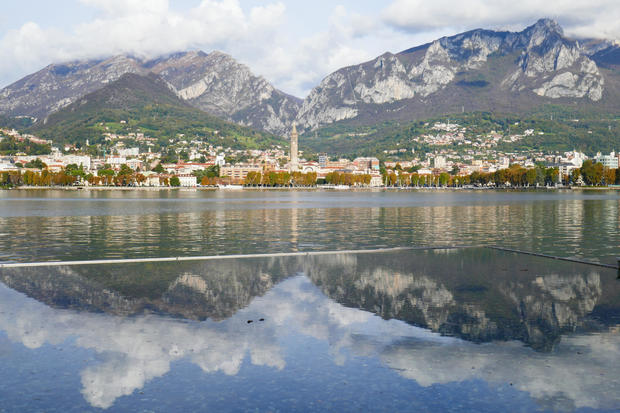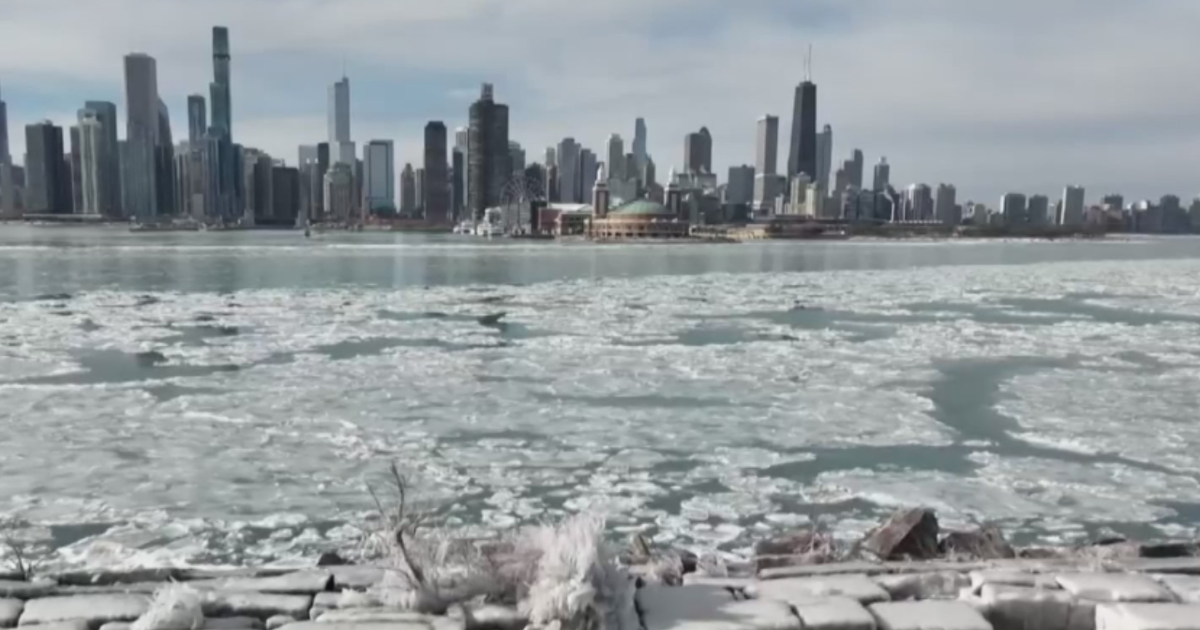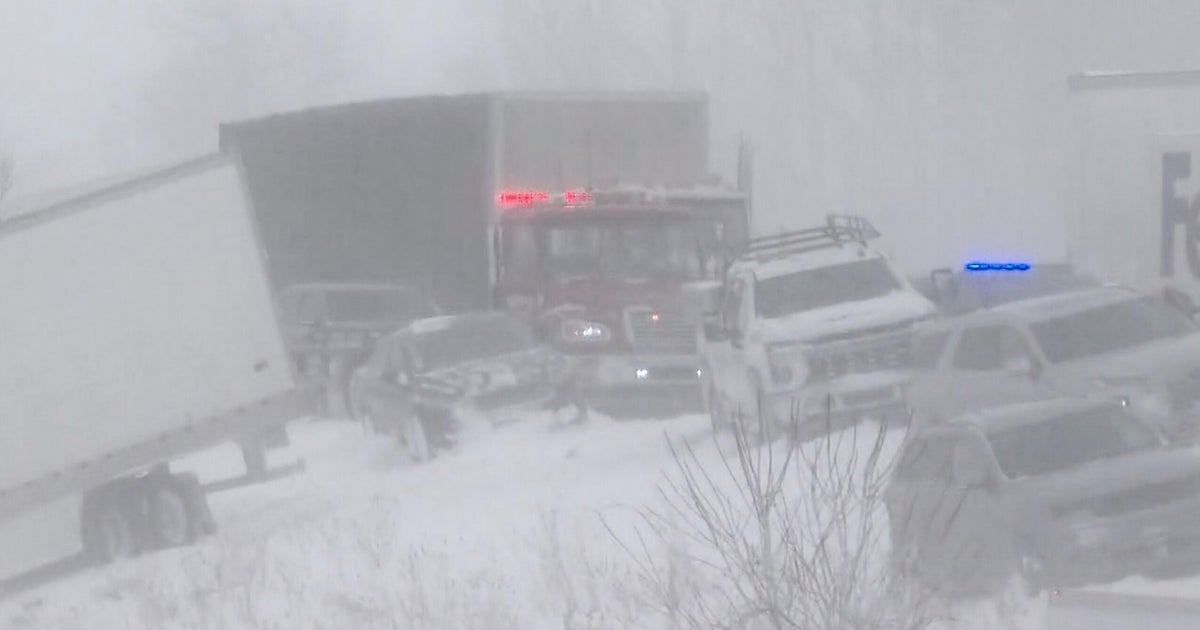Climate change is shrinking Italy's iconic Lake Como, and fast
Italy's Lake Como is legendary for its natural beauty, and it is hugely popular with international visitors, especially Americans. But melting glaciers surrounding the lake are threatening its future and hurting the local economy. For our "Eye on Earth" series, CBS News correspondent Chris Livesay went to see the impact of climate change on one of Italy's most famous tourist destinations.
Lake Como's beauty is famous the world over. It has been celebrated in art by the likes of Leonardo da Vinci and Virgil. Hollywood icon George Clooney even has an 18th century villa on the lake's picturesque shores. But while the bucolic destination has endured through the ages, it cannot escape the effects of climate change.
From its flawless natural wonders to the glamorous hotels of Bellagio, the lake in northern Italy has long been synonymous with the high life. But if you take a closer look, the water level has never been so low.
As Livesay strolled along Lake Como's shore, he walked on dry ground that should have been under water. The water level in the lake this year is the lowest ever recorded.
"In this period we don't have water from the rainfall or the ice melting or the snow melting," geologist Filippo Camerlenghi told Livesay as he pointed out a gap along the shoreline, showing just how much the water has dropped. There's a gap of more than three feet between the old high waterline and where it sits now.
Stretch that across the 56 square miles of the lake, and you get 4.6 billion gallons of water that have vanished — enough to cause dangerous erosion, even rockslides.
When the water recedes, the base of the mountain along its shore essentially starts to collapse, "because you don't have the water that helps the rocks stay there," said Camerlenghi.
The water depletion is also killing off fish, leaving the local government to establish two fish nurseries to try and replenish stocks of at-risk species. Despite those efforts, William Cavadini, head of the local fishing association, said it was still a struggle for those who rely on the waters for their livelihood.
"The fish level is about 50% less than 10 years ago," he told CBS News. "We already lost the Alborella. It was a small fish — was very famous in Como. Now it is completely disappeared."
To understand why the water level is going down, you have to climb up. Livesay hiked up to an altitude of more than 11,000 feet, to the Fellaria glacier, which feeds the lake with its runoff. With global warming, there's hardly any glacier left, said geologist Michele Comi, who grew up in a lodge near its base.
"The glacier when I was a baby was very big," he said. "Now, where is the glacier?"
Comi said that, since the end of the 1800s, the Fellaria glacier has lost two thirds of its total mass - more than 20 feet every year on average.
"It's sad, because my children cannot walk on the glacier like me 40 years ago," he said.
The Fellaria is not alone. Almost every glacier in the world is melting at record speed — and threatening the supply of water to places down below.
"The problem starts in the mountain, then in the lake, then in the plains," explained Comi. In climate change, nothing is local, "everything is global."
Como is just one of many lakes in the region facing the same challenges as our climate changes in real time, right before our eyes.






